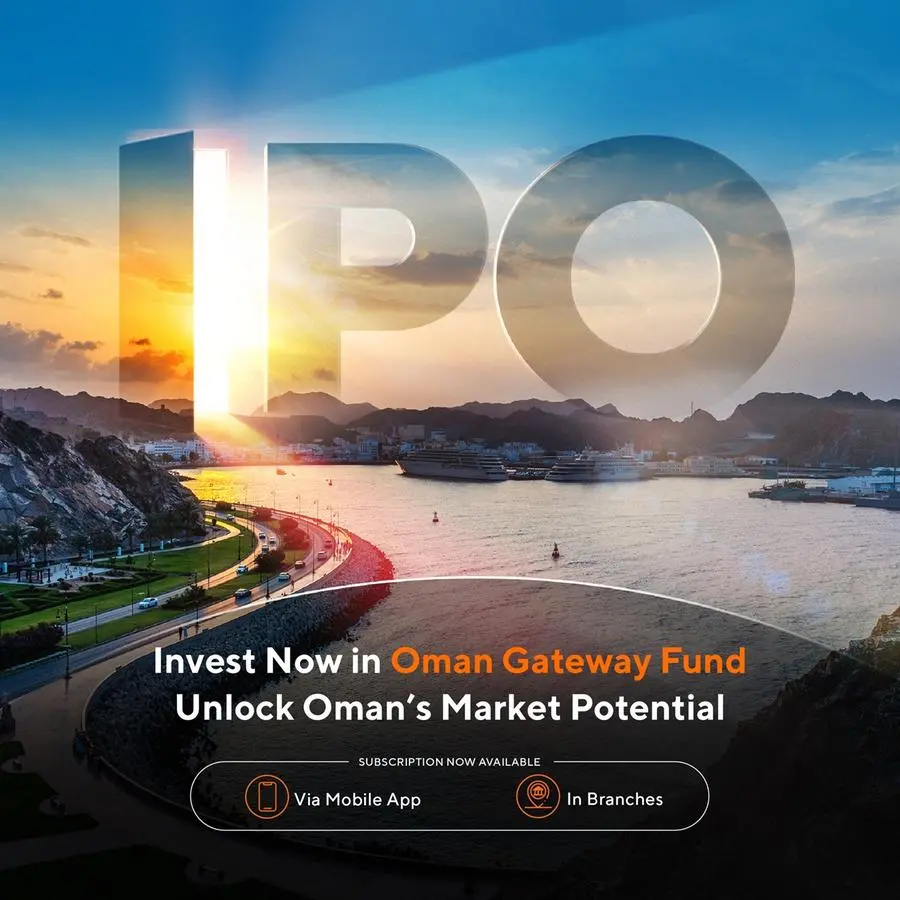- Tamara’s base of over 1000 merchants includes Namshi, Floward, SACO, Nice One, Whites, and Nejree.
- Largest Series A fundraise by a fintech across the Middle East and North Africa[1] to fuel expansion across all GCC markets by end of 2021
- The Buy Now Pay Later (BNPL) market expected to grow 400% reaching an estimated US$680bn in transaction volume globally by 2025
Riyadh, Saudi Arabia – Tamara, the leading Saudi Buy-Now-Pay-Later platform announced the closing of the largest Series A funding round in MENA of $110 million led by Checkout.com. The investment will help Tamara expedite its expansion across the GCC by the end of 2021 and the greater region thereafter.
Founded in 2020, by serial entrepreneur Abdulmajeed Alsukhan and his partners Turki Bin Zarah and Abdulmohsen Albabtain, Tamara was the first BNPL firm to be enrolled in the Saudi Central Bank (SAMA)’s Sandbox program. Since then, it closed a round of $6 million in seed funding in January 2021 which was also considered the largest seed round in Saudi Arabia, 5 months after its official launch in September 2020.
The startups has quickly established itself as a market-leader in Saudi and successfully landed some of the most popular brands in Saudi such as SACO, Whites, Nejree and Nice One. The company also expanded its services to UAE with prominent partners like Namshi and Floward. Tamara was also able to launch its mobile consumer app along with its in-store service with multiple local partners. The $110M cash injection (debt & equity) will be used by the Company to scale its team, open new countries in the GCC and fund the distribution of its BNPL product.
Abdulmajeed Alsukhan, Tamara’s Co-founder & CEO said: “Tamara was born to make a change. The region and the world need payment solutions that are transparent and customer-oriented. At Tamara, we offer our customers an alternative to credit cards and Cash on Delivery (COD), which enhances their shopping experience. Our solution also increases our merchant partners’ efficiency as well as their customer satisfaction. This transaction is only the beginning of our journey, and a great sign that we are on the right track. We are proud to have the trust of such an investor and we will continue expanding our products to transform the payments industry in the region.”
Sebastian Reis, Executive Vice President at Checkout.com said: “As the partner of choice for the region's leading eCommerce merchants, Checkout.com is always on the lookout for ways to enhance the ecosystem. Tamara has rapidly proven itself to be a natural leader in the BNPL space. Our investment in Tamara will help the team realise their vision and expand rapidly, driving greater conversions for retailers and offer more flexibility for consumers.”
Visa estimates that the eCommerce sector in the MENA region will be valued at $49 billion by as soon as 2022[2]. Tamara is well-positioned to tap the rapidly growing Buy Now Pay Later segment in MENA. Its Shariah-compliant offering is used by merchants to increase sales revenue, whilst serving as a credible alternative to cash on delivery (COD). The solution is accessible via direct API integration or plugins and offers consumers new ways to pay online - either splitting balances over three payments or paying 30 days later.
About Tamara:
Tamara is the leading Buy Now Pay Later startup in Saudi Arabia. The company was founded in 2020 and was the first to acquire a sandbox license by the Saudi Central Bank (SAMA) in its category at the time. Tamara now operates in both KSA and UAE with two main products: “Pay in 30 days” and “Pay in 3” which are available both online and in-store through Tamara’s consumer app. Tamara’s team is spread over four offices in Saudi Arabia, UAE, Vietnam, and Germany.
About Checkout.com:
Checkout.com empowers businesses to adapt, innovate, and thrive with the payments services they deserve. The company’s technology makes payments seamless. Flexible solutions, granular data, and instant insights help global enterprises launch new products in new markets and create outstanding customer experiences. They provide the fastest, most reliable payments in more than 150 currencies, with in-country acquiring, world-class fraud filters and reporting, through one API. And they can accept all major international credit and debit cards, as well as popular alternative and local payment methods. Checkout.com launched in 2012 and now has a team of 1100 people across 17 offices worldwide, offering local expertise where it’s needed. Checkout.com has made several strategic investments to date, including the acquisitions of ProcessOut, PinPayments and strategic investment in Thunes. Find out more at www.checkout.com
[1]According to Crunchbase Pro data as of April 2021
© Press Release 2021
Disclaimer: The contents of this press release was provided from an external third party provider. This website is not responsible for, and does not control, such external content. This content is provided on an “as is” and “as available” basis and has not been edited in any way. Neither this website nor our affiliates guarantee the accuracy of or endorse the views or opinions expressed in this press release.
The press release is provided for informational purposes only. The content does not provide tax, legal or investment advice or opinion regarding the suitability, value or profitability of any particular security, portfolio or investment strategy. Neither this website nor our affiliates shall be liable for any errors or inaccuracies in the content, or for any actions taken by you in reliance thereon. You expressly agree that your use of the information within this article is at your sole risk.
To the fullest extent permitted by applicable law, this website, its parent company, its subsidiaries, its affiliates and the respective shareholders, directors, officers, employees, agents, advertisers, content providers and licensors will not be liable (jointly or severally) to you for any direct, indirect, consequential, special, incidental, punitive or exemplary damages, including without limitation, lost profits, lost savings and lost revenues, whether in negligence, tort, contract or any other theory of liability, even if the parties have been advised of the possibility or could have foreseen any such damages.



















